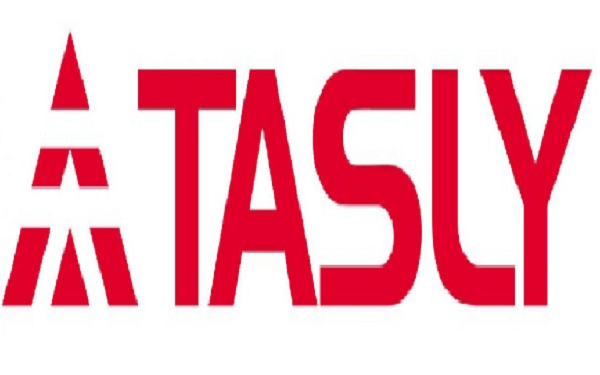Indication
Solid tumor, including HCC, RCC, NSCLC
Mechanism of Action
- Inhibiting the PD-L1/PD-1 interaction on the tumor and T cell, respectively, thereby preventing PD-L1-expressing tumor cells from suppressing T cell activation
- Targeting to VEGF to inhibit angiogenesis in the tumor
Status
- Licensing out of AP505/B1962 to Tasly Biopharmaceutical for development, production, and marketing rights in China (Now Tasly Pharmaceutical Group Co., Ltd)
- Received China NMPA Phase I clinical trial approval in August 2022 and successfully recruited the first participant in March 2023.
- Obtained U.S. FDA Phase I clinical trial approval in January 2023.
- In the process of multi-country patent reviews, we have obtained patent approvals in Taiwan, Russia, Australia, and South Korea.
Strength
1. By binding to PD-L1 on the tumor cells, it can inhibit angiogenesis within the tumor microenvironment, reduce the required drug dosage, and enhance tumor suppression effects, thereby minimizing the bleeding side effects associated with conventional angiogenesis inhibitors such as Avastin.
2. The symmetric structure expressing only heavy and light chains is advantageous for antibody expression and formation. It can follow the downstream purification process used for conventional monoclonal antibodies, eliminating the need to develop a new process for asymmetric bispecific antibodies.
Market
According to the latest statistics from the World Health Organization (WHO), in 2020, Hepatocellular Carcinoma ranked as the sixth most common cancer globally, with 906,000 new cases. It was also the third leading cause of cancer-related deaths, accounting for approximately 830,000 deaths, or 8.3% of all cancer-related deaths. Liver cancer has long been one of the top two causes of cancer-related deaths in Taiwan.
According to GlobalData-Pharma IC data, the United States had the highest healthcare expenditure on liver cancer globally, reaching $526 million in 2020, followed by China at $299 million. Furthermore, the global liver cancer treatment market is projected to grow at a compound annual growth rate of 10.2% during the forecast period (2022 to 2028).
Currently, the clinical landscape for late-stage liver cancer treatment is being reshaped with the use of immune therapies in combination with targeted therapies. The combination of Tecentriq (PD-L1) and Avastin (VEGF) has gained prominence in first-line treatment following its inclusion in the new NCCN treatment guidelines. AP505, being a bispecific antibody targeting PD-L1 and VEGF, is poised to potentially become a first-line treatment for liver cancer in the future, competing in the global market.
Development Stage
AP505 has received approval for Phase I clinical trials from the China NMPA in 2022Q3 and the U.S. FDA in 2023Q1
- Candidate
- Target/Mechanism
- Indication
- Partner




